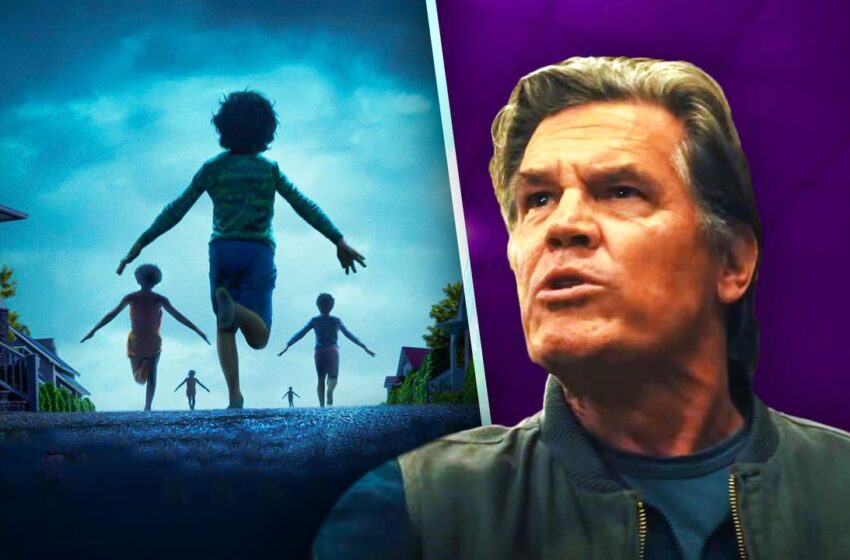Weapons review: Zach Cregger’s chilling puzzle box that thrives on misdirection

Not the horror you expected – but the one you won’t forget
Zach Cregger’s Weapons arrives at a time when horror is both thriving and under pressure. In an era dominated by sequels and franchise extensions, the genre’s most exciting entries have been the ones that promise more than just a story — they promise an experience. That’s exactly how Weapons has been marketed: not merely as a film, but as a cultural moment worth braving together. Yet, as with any good sleight of hand, what you’re expecting isn’t quite what you get.
The plot sounds simple enough: a class of schoolchildren mysteriously vanishes, leaving behind only one survivor. From there, the narrative fractures into multiple perspectives, each character offering a piece of a truth that constantly shifts under our feet. The grieving father, the guarded teacher, the weary cop, the school principal — all have their own theories, motives, and blind spots. Cregger uses this mosaic structure to keep the audience guessing, while also toying with the biases we bring to any mystery.
What’s striking about Weapons is how it plays with the tension between the horror we expect and the horror we get. Marketing materials and the early atmosphere suggest a grim, relentless descent into nightmare territory — a true-crime-inspired shocker that taps into the collective paranoia around missing children. But once you’re in it, Cregger’s playful instincts start to emerge. He’s not afraid to let absurdity seep in at the edges, creating moments that are almost funny in their awkward humanity, only to undercut them with a sharp return to dread.
Visually, the film leans into stark, almost clinical framing, which gives the bizarre events a matter-of-fact quality that’s unsettling in itself. Cregger clearly understands that horror doesn’t always require an onslaught of violence — sometimes, it’s the unnerving image of children calmly walking into the night that lingers the longest.
Thematically, Weapons feels less about supernatural evil and more about collective failure. The disappearance becomes a mirror reflecting the community’s own dysfunctions: gossip replacing evidence, fear overtaking empathy, and everyone chasing answers for their own reasons rather than the children’s wellbeing. There are nods to past societal panics — from Satanic cult rumours to small-town conspiracy theories — but the real sting is how little has changed in the way we handle the inexplicable.
In its final act, the film offers an explanation that’s both oddly satisfying and deliberately provocative. It’s the kind of ending that reframes what came before, making you reconsider who the real villains are. Some will leave the cinema frustrated that the ride wasn’t as purely terrifying as advertised, but others will appreciate that Weapons delivers something rarer: a horror story that trusts its audience to find unease in the spaces between the shocks.
Verdict: Weapons is a smart, sly entry into modern horror — not the icy nightmare it pretends to be, but a slow-burn mystery with teeth. By blending misdirection, social commentary, and the occasional streak of absurd humour, Cregger proves once again that he’s one of the most unpredictable genre voices working today.

